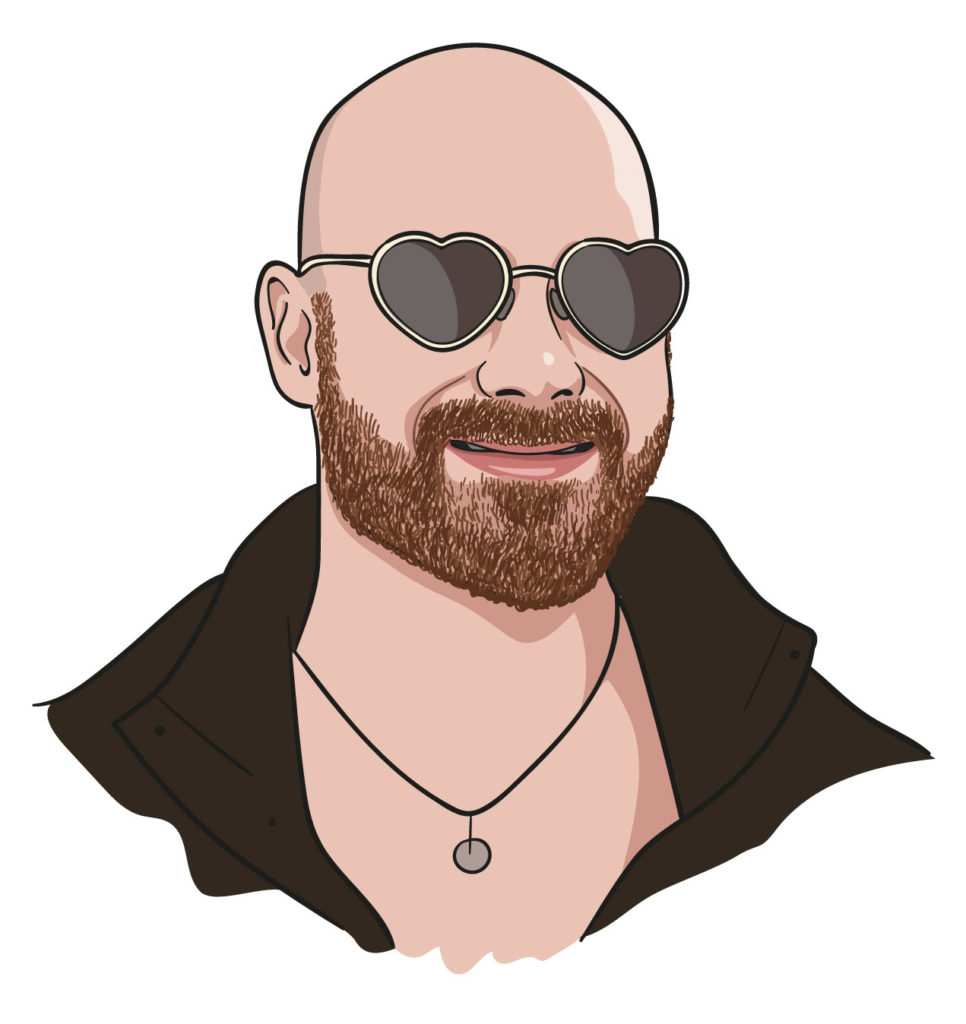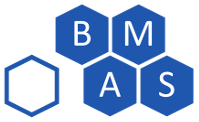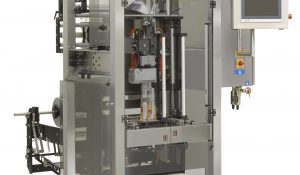Q: Why did you switch fields from being a PC programmer?
There are a lot of reasons I changed fields. At the time I had just gotten laid off from my job in web development and my brother Jon was starting to grow his business. We’d always talked about combining our talents and working together. Additionally, I was in the market for a new challenge. All the pieces were right for a change.
Q: Tell me about Breen Machine
Hours are pretty flexible. Sometimes projects come up that require lots of overtime but generally schedules and deadlines are planned well enough that I have options day to day.
Travel is not usually frequent or at least not very far. When it does happen there’s often some flexibility in the scheduling that makes it easy to work with.
Co-workers are great. We don’t often have projects together but when we do get together it’s very comfortable and friendly.
Jon’s management style is unlike anything I’m used to, but not in a bad way. He affords us lots of flexibility and is very cognizant of a good work/life balance. His focus is on happy employees and happy clients, not squeezing either for every last bit of value.
Q: What type of projects does BMAS do?
Projects span the whole breadth of industry. I’ve only worked on a small fraction of what’s come in, but I’ve touched medical, automotive, food, manufacturing, vision, robotics, and because of my own personal skill set, highly customized PC applications.
Q: What types of projects do you work on? How are they different than your previous jobs?
As above, I’ve worked on lots of different things. Most of them very enjoyable. The biggest difference between these projects and my work in the PC world is largely project scope. Most projects I’ve done in industry are fixes and upgrades but even completely new content might take only a few months. Conversely, the large scale applications I used to work on might take years of refining and improving.
Q: What type of projects do you see yourself working on in the future?
I expect, and hope, that I’ll mostly be doing custom PC development. Industry needs more structure than PLCs can provide and I’m perfectly situated to integrate between the platforms.
Q: Where do you see the programming in industrial controls going in the future?
I think PC programming IS the future of industrial control. It’s not some new gimmick that industry is hesitant to integrate, it’s proven itself for decades. Integrating will take some work but I think it’s a necessary step to modernize the industry.
Q: What is the biggest benefit of working for BMAS?
For me, flexibility. Control over my schedule is paramount in my life. More generally I would say the relaxed structure and management style. Work needs doing and it needs to get done on time. Beyond that, it doesn’t matter where, when, or how it happens.
Q: What’s your least favorite part of working for BMAS?
Work isn’t always fun or convenient. Projects can be dull, clients can be difficult, and deadlines can lack flexibility. But that’s true of any job and this company affords a lot more choice than most.
Q: What’s it like to work with family? What’s it like having your brother be your boss?
There’s a level of separation in our personal and professional relationships. It doesn’t feel like a typical boss/employee relationship but that has more to do with Jon being respectful and appreciative of his employees than of our familial ties.
Q: Strategies for maintaining a good family relationship in this situation?
Same as any relationship – don’t be a jerk. It really is that simple. We can find ourselves in disagreement and still be mature adults.
Q: How do you spend time with family and not talk business?
Tough to answer, I think we inevitably talk business in our off hours. I don’t think it’s a bad thing, though. We maintain a healthy work/life balance and I think that’s the most important part.

About the Author
David is a driven problem solver with a background in PC application and web development. He thrives on challenging tasks and tight deadlines, generally preferring high-pressure projects and living out of a suitcase. When he’s not working 100 hour weeks he can usually be found in the gym or the local pool hall, almost certainly making new friends.




